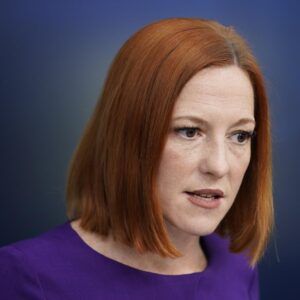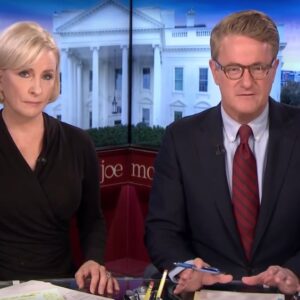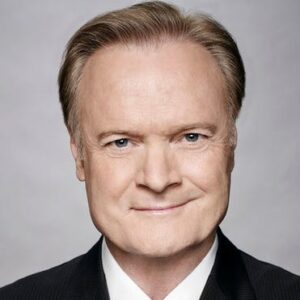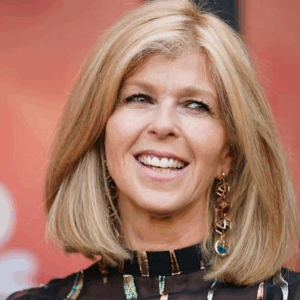Karoline Leavitt Calls Out Nicolle Wallace Over Comment on 13-Year-Old Cancer Survivor, Trump ‘Hatred’
In a recent media exchange, Karoline Leavitt, the White House Press Secretary, took to the airwaves to criticize Nicolle Wallace, a prominent host on MSNBC. This confrontation was sparked by comments made by Wallace regarding a heartfelt moment during President Donald Trump’s congressional address. The discussion revolves around the inspirational story of 13-year-old cancer survivor DJ Daniel, who was recognized by Trump for his aspirations to become a police officer, earning a standing ovation from the audience.
During the speech, Trump not only celebrated Daniel’s courageous battle with cancer but also honored him by making him an honorary member of local police departments. This gesture was meant to inspire not just Daniel but also many Americans watching. However, Wallace’s response to this moment was quite critical and indicative of a deeper political divide.
Wallace’s Controversial Remarks
Nicolle Wallace’s comments were particularly aimed at interpreting Trump’s praise for the young boy in a rather negative light. She said, “I hope he has a long life as a law enforcement officer, but I hope he never has to defend the United States Capitol against Donald Trump’s supporters.” This statement raised eyebrows and prompted a strong reaction from Leavitt, who deemed it inappropriate and indicative of a broader trend in media toward politicizing human interest stories.
Leavitt argued that Wallace’s comments were emblematic of a media landscape that often allows political biases to cloud their judgment. She stated that Wallace’s attempt to connect a young cancer survivor’s dreams to the events of January 6 highlighted a theme she sees regularly: the politicization of personal stories for partisan gain.
Leavitt’s Response and Defense of Trump
In her press remarks, Karoline Leavitt did not hold back in her critique of Wallace. She characterized the Democrats as the “party of insanity and hate,” suggesting that their expressed disdain for Trump often overshadows genuine concern for the American people. According to Leavitt, it is “sad and frankly pathetic” for prominent media figures to let their personal feelings against Trump interfere with their patriotism and ability to report on national stories fairly.
This theme of media bias is not entirely new but has intensified in recent years, especially in the lead-up to significant political events. Leavitt’s response represents a vocal defense of Trump, highlighting the divisive nature of American politics today. Her statements suggest that there is a growing frustration among certain political figures regarding how media outlets frame their narratives and the impact of those narratives on public perception.
The Broader Context of Political Media Dynamics
This incident is not merely about one comment or one young boy’s story; it speaks to a larger issue facing the American media landscape. There is a growing tension between political figures and media commentary, especially when emotional moments are interpreted through a political lens. The reaction to Trump’s address signifies the polarized state of American discourse, where even innocuous gestures can be turned into partisan battles.
Leavitt’s pushback against Wallace is just one example of how political figures are becoming more vocal about what they perceive as unfair criticism from the media. It reflects a sentiment growing within some factions of the Republican party that the media often fails to present the full picture and instead opts for sensationalism to draw ratings.
Conclusion
This ongoing dialogue highlights the necessity for media professionals to approach stories with a sense of balance and fairness. While it’s crucial to hold politicians accountable, there’s equally a responsibility to honor the stories that resonate with the American public. As viewers and listeners, cultivating a critical understanding of media narratives allows us to engage in healthy public discourse. For more insights into political dynamics and media interactions, stay tuned for our next articles.












